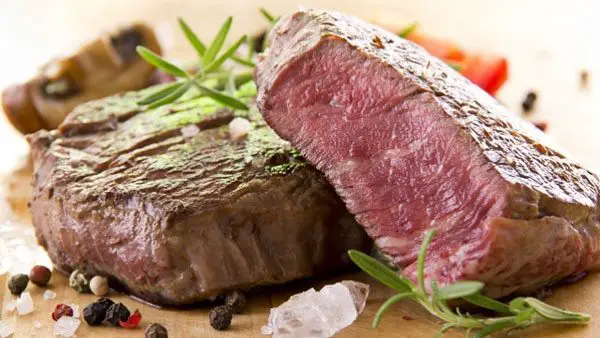
The study shows that the production of beef causes much worse environmental damage than the production of eggs, pork, poultry and dairy products. It is highly possible that if people stopped using cars, the effect on carbon emissions wouldn’t be as significant as if red meat stopped being produced.
Livestock is a serious thread to the environment. It significantly influences the quality of the water, air and biodiversity as a whole. Moreover, it directly affects worldwide food security. The animals for human consumption have disturbingly high calorie needs- they reach such high levels that they would be enough to attain the calorie needs of 4 billion people. This fact is quite disturbing having in mind that we would need 70% more food by 2050. Livestock production is to blame for 20% of worldwide greenhouse gas emissions.
In order to bring more closure to this problem, researchers have evaluated livestock production’s affects on different factors for 5 types of livestock- beef, poultry, pork and eggs. They didn’t include lamb in the survey because of its low consumption in the US. The results showed that pork, poultry and egg production have comparable positions. Beef, on the other hand, was proven to have a much higher impact.
It is known that for the production of beef it is needed 28 times more land compared to the other types of livestock. It is also needed 11 times more water. This means beef production is responsible for 5 times more gas emissions. When the researchers compared beef to wheat and rice production, the results showed that this kind of livestock requires 160 times more land and has 11 times more gas emissions.
Researchers say that more studies are needed, but they also claim that the major idea has been proven. Beef needs much more resources than other livestock types. Moreover, they assume that reducing beef consumption would affect our environment positively.
Researchers are not trying to say everyone should stop eating beef, but by reducing your beef intake you can definitely contribute to our nature’s well-being.
“Governments should consider these messages carefully if they want to improve overall production efficiency and reduce the environmental impacts,” Prof Mark Sutton at the UK’s Center for Ecology and Hydrology told The Guardian. “But the message for the consumer is even stronger. Avoiding excessive meat consumption, especially beef, is good for the environment.”


